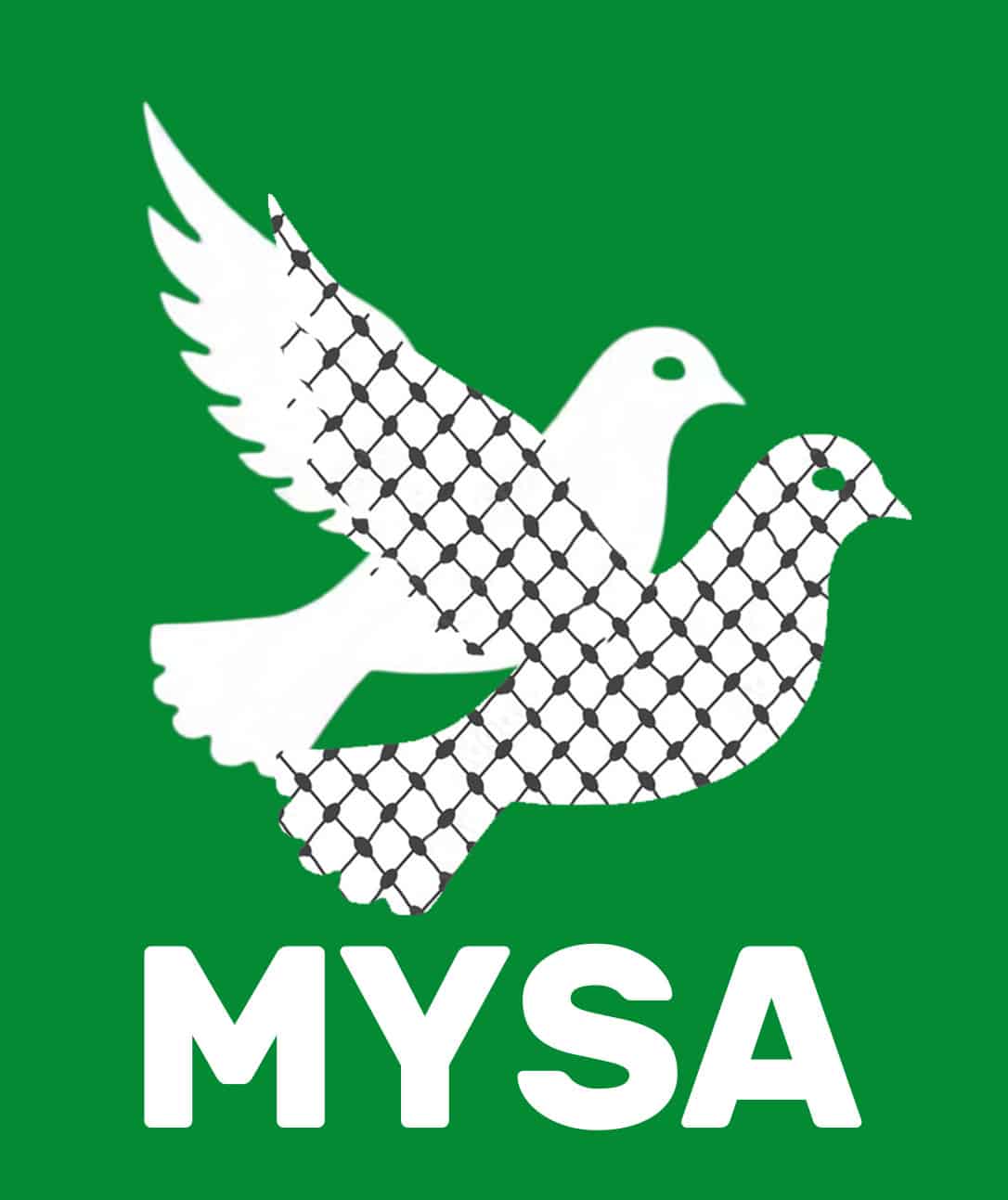MASAFER YATTA SOLIDARITY ALLIANCE
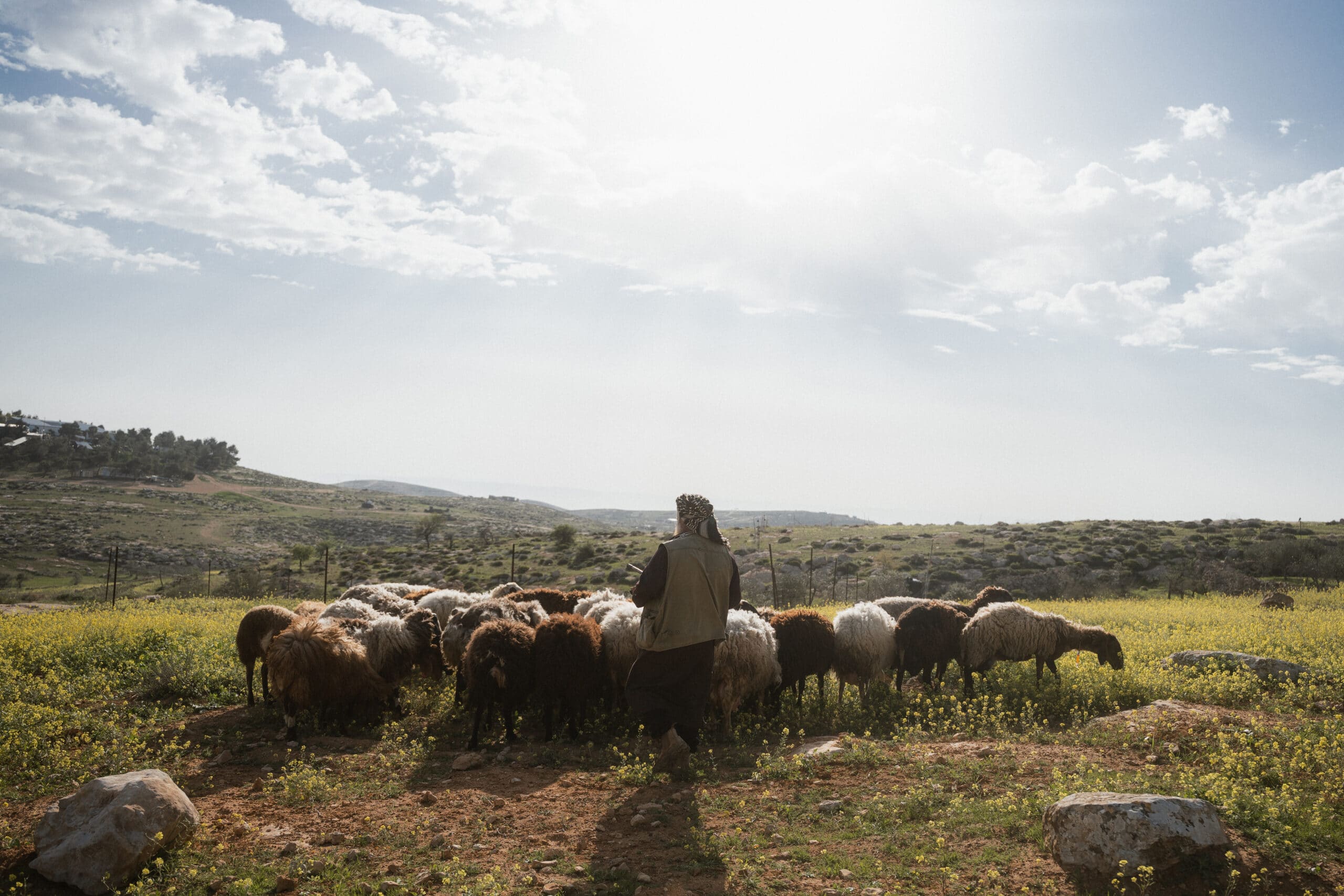
A MESSAGE FROM THE MAYOR
To the People of Conscience Around the World,
We write to you today with hearts that are heavy but unbroken, souls that are tired but steadfast, and spirits that, despite everything, remain rooted in faith, hope, and love.
For the past year and a half, we, the people of Masafer Yatta, have endured a storm of aggression and injustice. We live under the shadow of occupation, facing daily threats from settlers who wish to uproot us from the land of our ancestors. They have beaten our elders, frightened our children, destroyed our homes, stolen and killed our sheep, and grazed their flocks on our olive trees and crops. They have arrested us without cause, fined us unjustly, and persecuted us for simply existing on the land that has been ours for generations.
This is not just a political issue. It is a moral and spiritual crisis. It is apartheid, it is theft, it is violence and it is wrong.
We live under constant pressure and danger. Even tending to our olive trees- a sacred act for many of us- is met with threats, attacks, and humiliation. Our water is controlled, our wells are forbidden to dig, and our movements are restricted. Land that was recognized as Palestinian under the Oslo Agreement of 1994 is now being confiscated, step by step, tree by tree.
Yet still, we remain. And we will remain.
But we can not remain alone.
We need your help. We need your voices, your prayers, and your actions. We ask you to speak out against this injustice. We ask you to write to your politicians, your representatives, and your faith leaders- tell them what is happening in Masafer Yatta. Demand that they see us, that they stand with us.
We need your solidarity- not only in word, but in deed. We ask you to help us raise funds to retrieve our stolen and slaughtered animals, to install protective fencing, to bring water to our fields and homes, and to support families who are under attack every day. We need your help to protect our people from violence when they are simply trying to live and work and worship in peace.
We are still here because we believe in justice. We are still here because we believe in the human spirit. And we are still here because we believe that somewhere in this world, hearts are still beating with compassion and courage.
Pray for us. Speak for us. Stand with us.
From the steadfast heart of Masafer Yatta,
With love, faith, and resilience,
The Families of Masafer Yatta.
Muhammed Rabhi (Mayor of Tuwani, Masafer Yatta)
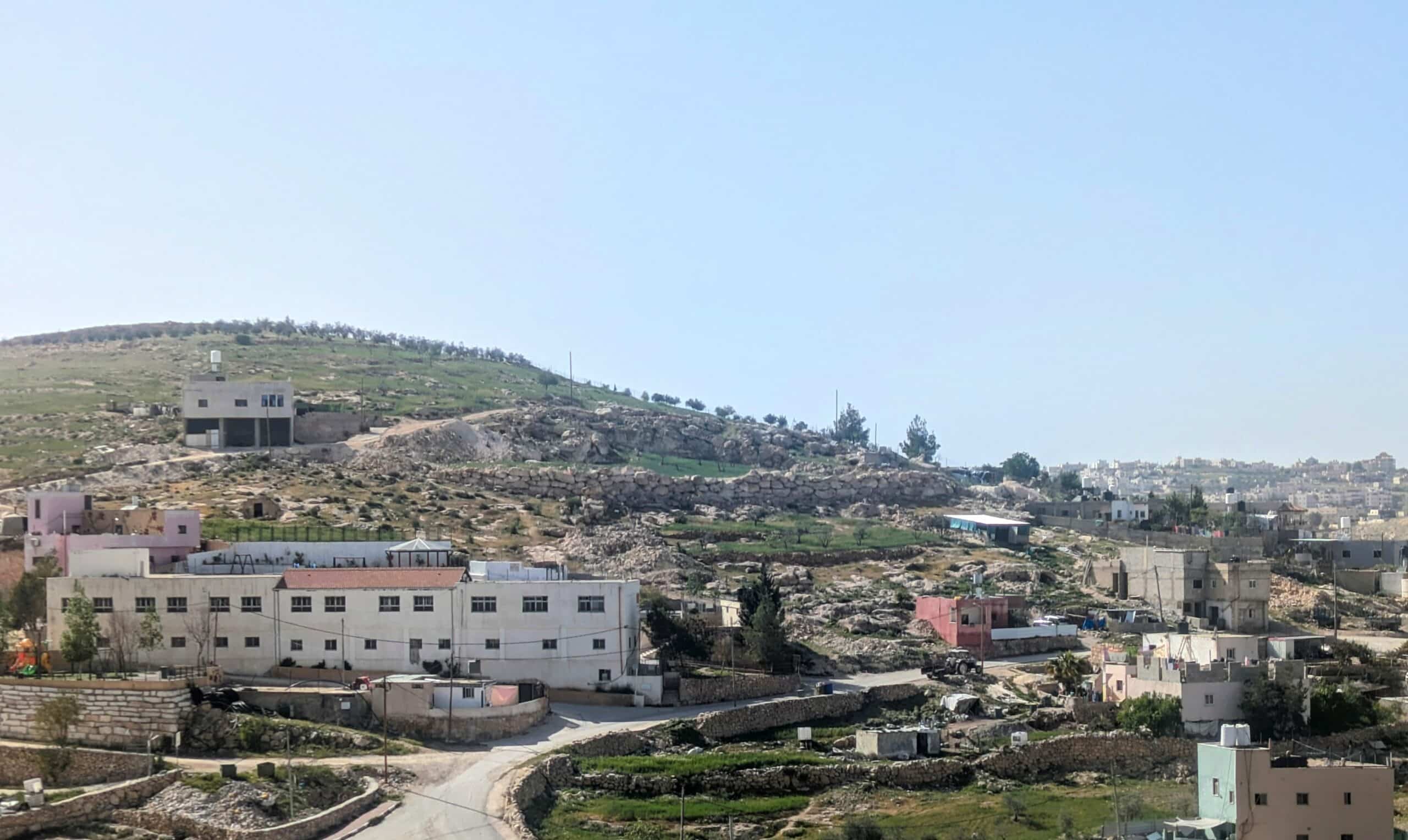
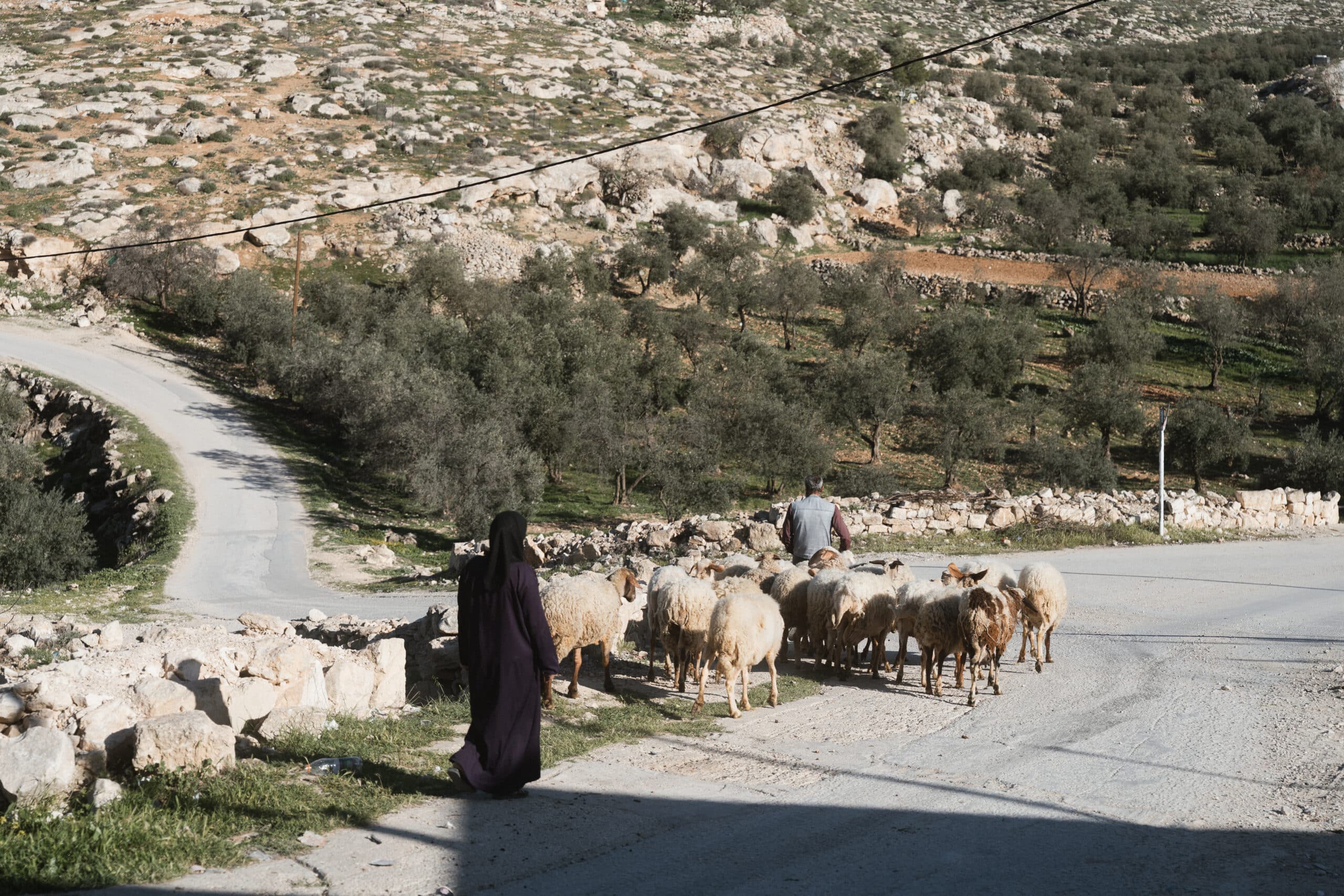
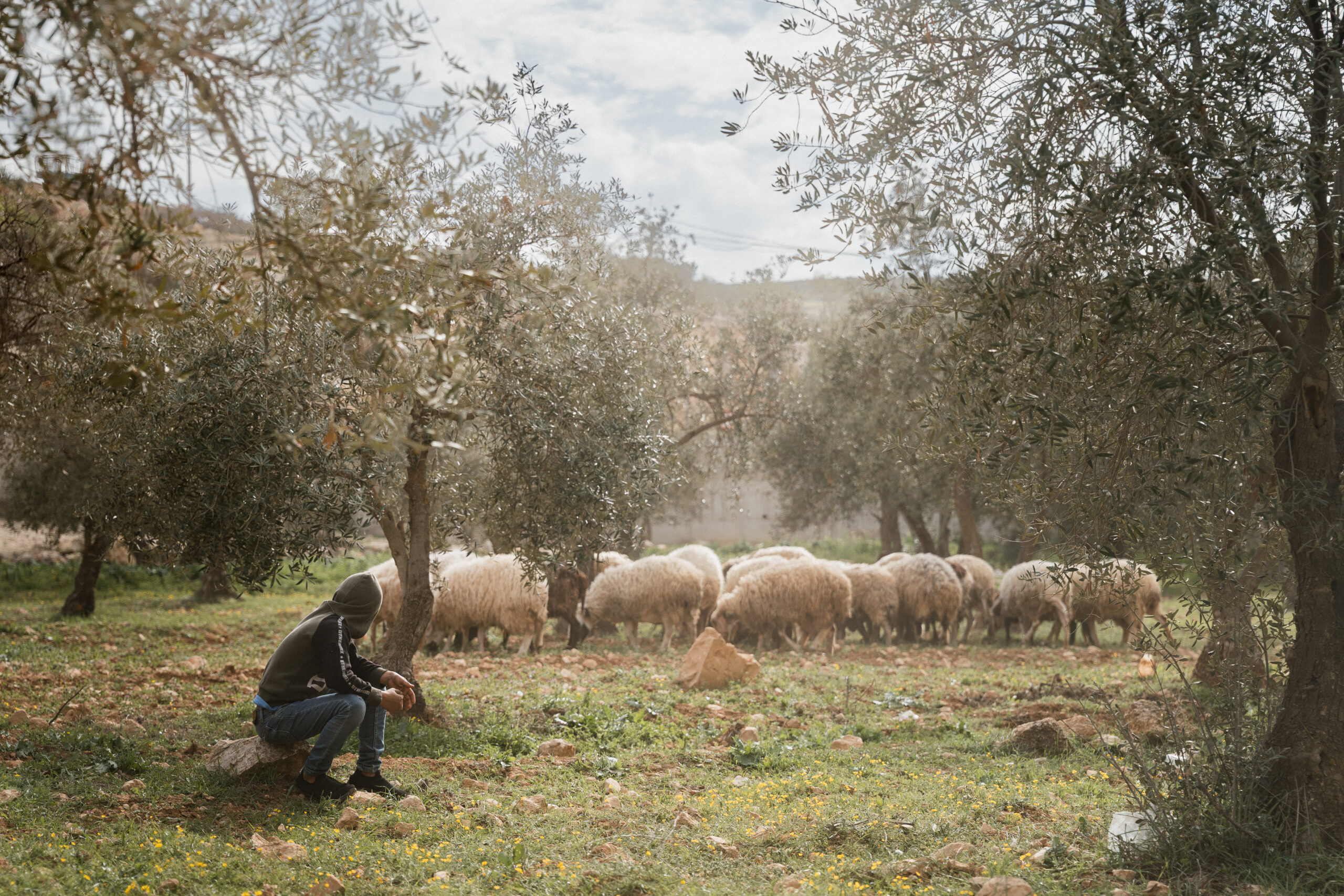
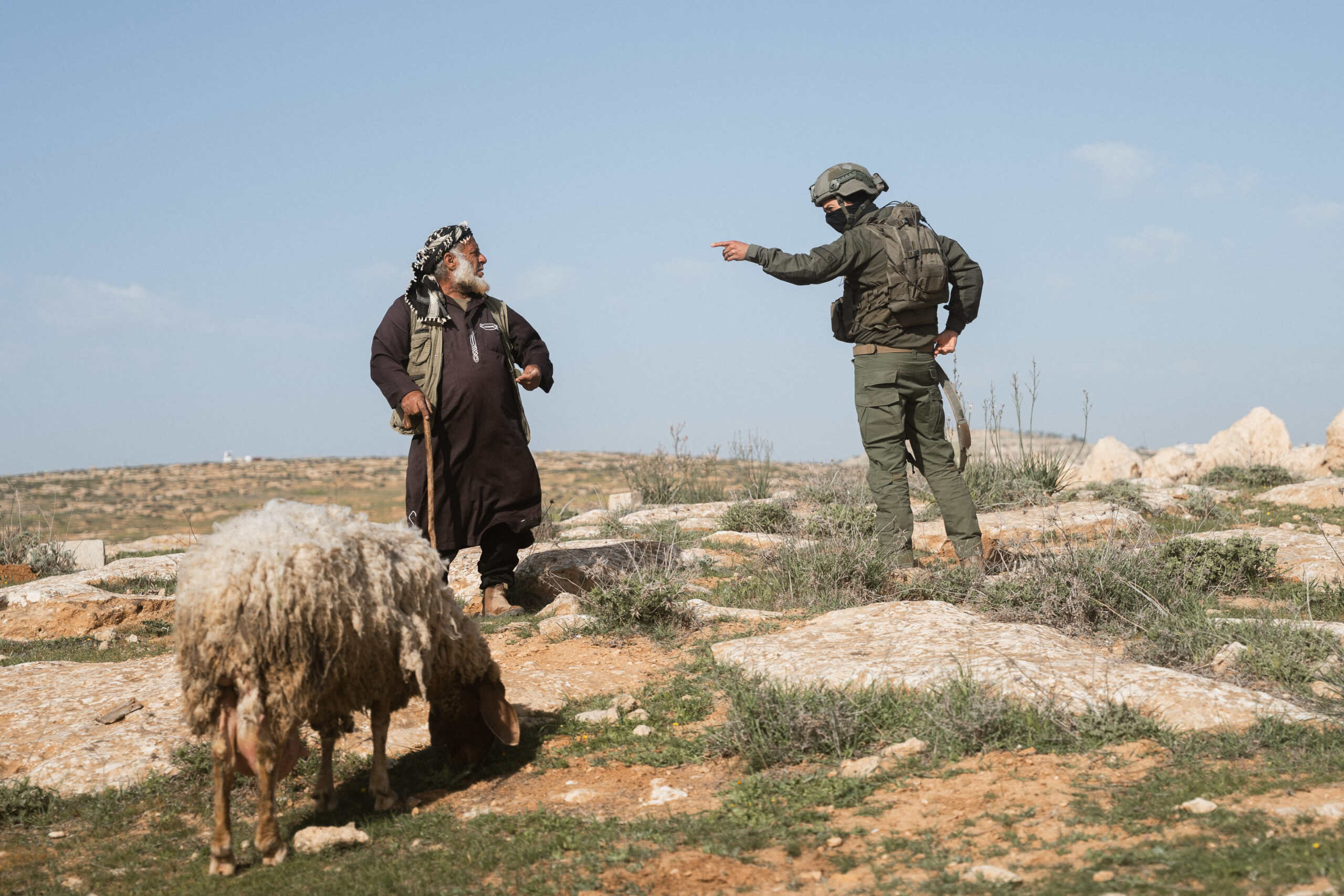
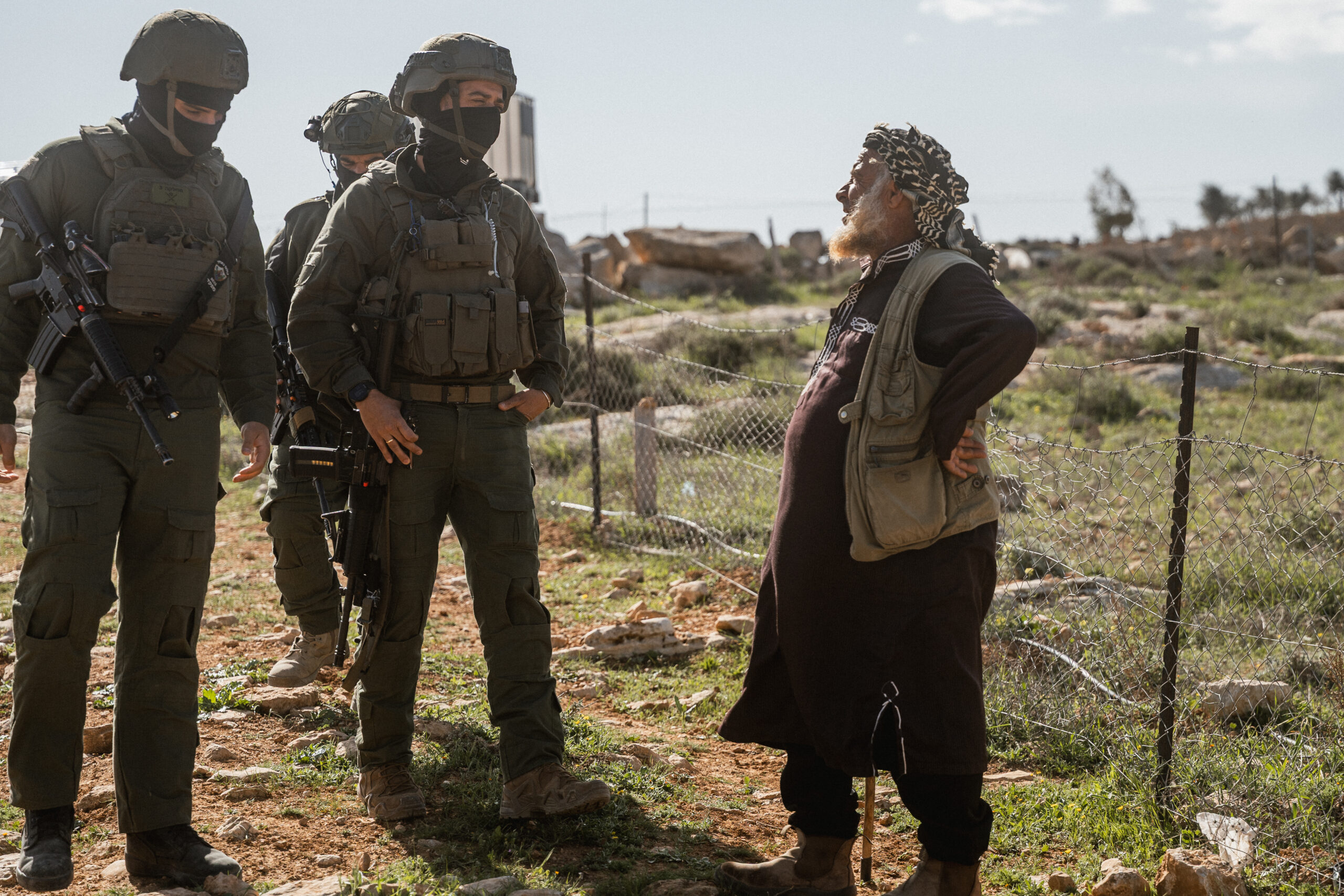
ABOUT MYSA
- Who Are We?
- Masafer Yatta Solidarity Alliance (MYSA) was formed with the hope of redefining international solidarity work in Palestine through a community-centred approach. As a group of individuals with prior experience in established on-the-ground initiatives, we recognised a critical gap in existing models—specifically, the need for greater alignment with the priorities and agency of local communities. Together, we have committed to restoring local control over activism efforts, ensuring that international support is coordinated by democratically elected local Palestinian leadership rather than by external stakeholders. We created MYSA with Muhammad, the local mayor of Tuwani as well as members of the Tuwani community and now have the full support of the heads of the surrounding regions of Susiya and Masafer Yatta. Through our collaboration with the three local councils, we assist in ways local Palestinians deem to be effective, important and valuable. Other than working on the ground, our other function is to contribute to local fundraising efforts to provide support for families facing home demolitions, forced displacement, and other challenges stemming from the actions of settlers and the broader apartheid system, we also manage recruitment, outreach, legal aid, and logistical support for international activists. Once activists arrive on the ground, they are hosted and supported by our local team comprising of experienced members of the Palestinian activist community.
- Where Do We Work?
- We are based in Masafer Yatta, South of Hebron. We work within a cluster of 19 villages and hamlets. Since 1967, Masafer Yatta has been under israeli occupation. The hamlet cluster is part of “Area C”, meaning that Israel has full military and civil control over it. Much of area has been denominated Firing Zone 918 by the israeli army- this serves as a tactic used to accelerate the displacement of the people of this community.
- What Do We Do?
- The majority of our work involves the following: 1. Documenting and deterring human rights abuses through non-violent protective presence. We capture photographs and videos, ensuring that human rights violations and harassment by israeli forces, settlers and the police are recorded and forwarded on to human rights lawyers that we work with. We also offer presence in families’ homes that are at risk of being targeted by settlers, police or military. 2. Establishing an emergency fund to support urgent needs, including legal aid, hardship alleviation and community-directed initiatives. 3. Accompanying children on their journeys to school and back, ensuring their safety as they navigate areas affected by conflict. 4. Raising awareness of threats to livelihood faced by the population here. Our efforts extend to villages facing demolition threats and farming communities that are experiencing disruptions, such as the destruction of water pipes and shepherds facing encroachment of grazing land as well as harassment and ecocide.
- What Does It Mean To Be Palestinian Lead And Why Is This Important?
- For us, this means that everything we do is done solely at the request of the Palestinian community. This includes the village council, which is made up of democratically elected community members who connect us with local families who may need our assistance and direct us on where to go and when. To us, it is important to listen to Palestinians because this is a struggle they have been living with their entire lives, so they know best what work is needed and how to keep us functioning as safely as possible in a place that is inherently dangerous due to the occupation.
WORKING WITH MYSA
- How Can I Get Involved?
- We are always looking for activists to join our on the ground team in the West Bank, we also have a global team of volunteers involved in building and growing MYSA. Use the contact form at the bottom of this page to get in touch.
- What Does The Application Process Look Like?
- 1) Send us a message using the contact form at the bottom of this page. 2) Once we have received your message, we will send you a pre-vetting form to fill out, this allows us to see if you will be a good fit for our organisation and this type of work. 3) Once we have completed pre-vetting, you will be contacted to arrange a phone call with a member of our team. 4) After the phone call you will be sent some documents to read through, these form a large part of our vetting process and allow yourself and us to confirm that this is the right type of work for you. 5) We will then arrange another longer phone call to discuss the work more deeply and also to make sure we are able to accommodate any of your needs while on the ground. 6) You will then be enrolled in our training program, we have two training stages- one remote before you depart for the West Bank and one on the ground in the West Bank.
- What Would I Be Doing As A Volunteer?
- The majority of our work involves the following: 1. Documenting and deterring human rights abuses through non-violent protective presence. We capture photographs and videos, ensuring that human rights violations and harassment by Israeli forces, settlers and the police are recorded and forwarded on to human rights lawyers that we work with. We also offer presence in families’ homes that are at risk of being targeted by settlers or military personnel. 2. Establishing an emergency fund to support urgent needs, including legal aid, hardship alleviation and community-directed initiatives. 3. Accompanying children on their journeys to school and back, ensuring their safety as they navigate areas affected by conflict. 4. Raising awareness of threats to livelihood faced by the population here. Our efforts extend to villages facing demolition threats and farming communities that are experiencing disruptions, such as the destruction of water pipes and shepherds facing encroachment of grazing land as well as harassment and ecocide.
- How Long Should I Plan To Volunteer For?
- We have learned that, to make a real difference, activists should be here on the ground for at least two weeks. The ideal length of time to spend on the ground here is 3 months as that is the longest visa that most can get.
- Do I Need To Be Physically Fit To Do The Work?
- The work we do involves a lot of walking. While you do not need to be incredibly fit to do the work, you will need to be able to walk for a few hours on rough terrain in all weather conditions. We work mostly in the countryside, so allergies will need to be considered. If you feel that you may not be able to do the work on the ground then you may still want to consider helping us remotely.
- Is It Safe?
- Life in Palestine involves inherent risks and safety cannot be guaranteed. Anyone spending time in or traveling to the region must be fully aware of and prepared for these challenges.
- What Equipment Should I Bring?
- Info coming soon
- What Clothing Should I Bring?
- Palestinian culture currently operates under socially assumed or perceived gender binary (Male or Female). While we welcome gender diverse comrades, the ask is that you adhere to current Palestinian cultural norms that reflect the male or female binary – as to be respectful & to understand that unless you are Palestinian you are not here to advance gender liberation among Palestinians. Female— Tank tops, shorts, shirts that show midriff, low necklines & tight fitting clothing are not allowed. Long sleeve tops & trousers are most appropriate. Leggings/jeggings are only appropriate as pyjamas for sleeping or under a skirt. Loose, long skirts are not allowed as this is traditional clothing for Female israeli settlers. Male— Tank tops, shorts, shirts that show mid drift, low necklines & tight fitting clothing is not allowed.
- Will I Receive Training?
- Yes, if you make it through the selection process. You will receive remote training before you travel to the West Bank and also on the ground.
- What Are The Costs Involved?
- Other than the costs involved getting into Palestine, you will need around £200 for travel once you get here, about £15 a month for a sim card and data and around £10 a day for living expenses such as food and other bits. No matter how long you choose to stay, we ask all volunteers to contribute £200 to fund our operations on the ground in the West Bank- this helps to cover costs related to accommodation and essential household supplies.
- What Languages Do I Need To Speak?
- Our working language on the ground is English but we accept speakers of all languages. Spoken Arabic proficiency is hugely beneficial on the ground and we work to actively encourage more Arabic speakers to join our team.
- I Can't Be There On The Ground, Can I Still Help?
- Of course. MYSA is run by volunteers living around the world and we are always looking to grow our team of like minded folk who believe in a free Palestine. Please get in touch using our contact form below.
